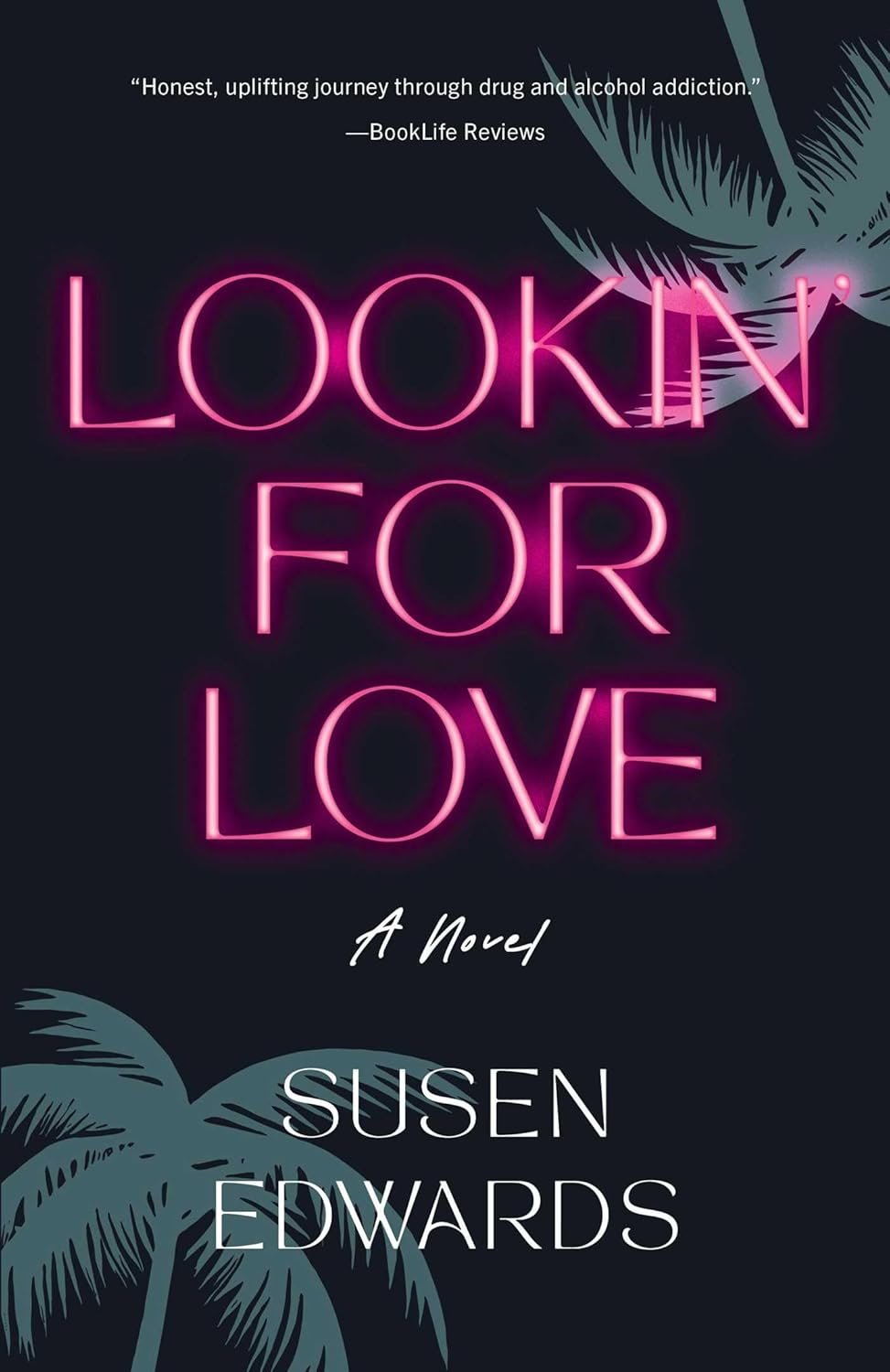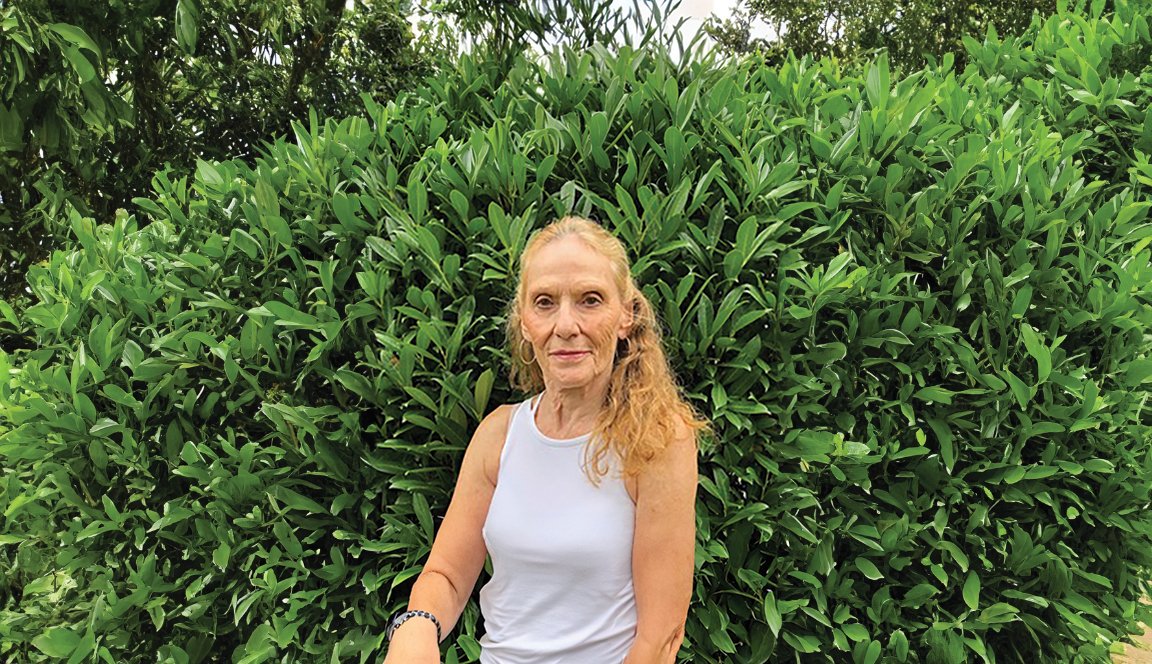Susen Edwards Transforms Real-Life Struggles Into Narratives Of Hope And Self-Discovery
Susen Edwards discusses her pioneering role in massage therapy education, her transition to writing, and the empathetic storytelling that defines her novels, particularly “Lookin’ for Love.”
Susen Edwards is a remarkable figure whose diverse career and life experiences have shaped her into a multifaceted leader and storyteller. As the founder and former director of the Somerset School of Massage Therapy, New Jersey’s pioneering state-approved and nationally accredited institution for massage therapy, Susen has demonstrated an unwavering commitment to education and community well-being. Her entrepreneurial spirit was recognized when she was nominated by Merrill Lynch for Inc. Magazine’s Entrepreneur of the Year Award. After successfully selling her business, she continued to impact her community as an administrator at her local community college and now serves as the secretary for the board of trustees for her town library. Currently, Susen dedicates her time to writing, where her rich background informs her creative endeavors.
Susen Edwards is not only a leader in education but also a gifted author whose works resonate with readers on multiple levels. Her novels, “Lookin’ for Love” and “What a Trip,” along with her children’s fantasy “Doctor Whisper and Nurse Willow,” showcase her ability to weave compelling narratives that explore complex themes with empathy and insight. In “Lookin’ for Love,” Susen masterfully transforms a true story into a captivating novel, balancing the portrayal of intense emotional struggles with themes of faith and redemption. Her writing reflects her deep understanding of human resilience and the transformative power of love and self-discovery. Susen’s literary contributions continue to inspire and engage readers, affirming her place as a distinguished voice in contemporary fiction.
“Susen Edwards is a visionary author whose empathetic storytelling and diverse experiences
EDITOR, READER’S HOUSE
enrich her compelling and transformative narratives.”
What inspired you and your husband to establish New Jersey’s first state-approved massage therapy school, and what was that journey like?
My husband and I studied massage therapy in an informal setting with a woman who ran a small spa. We met in her spare bedroom one evening a week for three hours. After six months I received a diploma stating that I had completed 1,000 hours. In reality, I’d been with her less than 100 hours. I knew something needed to change. We took numerous courses around the country to fortify our education, designed a curriculum, and received our approval from the State. Several years later we became the first massage therapy school in New Jersey to receive national accreditation. I’m proud to have helped educate so many people, spread health, joy, and well-being. It was a journey of love and caring.
How has your diverse educational background and experience in different fields, such as massage therapy and creative writing, influenced your approach to teaching and leadership?
Because I’ve traveled in so many diverse circles, I’ve met people from different cultures, backgrounds, and careers. My experience has helped me create character, setting, and dialogue in my writing. I feel I’m empathetic, open minded, and a good listener, whether I’m teaching, leading a group, or simply spending time in my community.
“My experience has helped me create character,
setting, and dialogue in my writing.” – Susen Edwards
What motivated you to focus on Ava’s story for Lookin’ for Love, and what drew you to explore the complexities of her journey?
I knew of Ava Stanton, my protagonist, through some of her family members, but didn’t meet her until 2018. I vividly remember sitting with her on my back porch as she told me some of her miraculous story, which I knew would make a fantastic book. She agreed and we arranged to meet on the phone for weekly interviews.
It wasn’t long before the grief and trauma of Ava’s life took over and she asked to pause our conversations. Even with my gentle approach, reliving fifty-plus years of trauma was too much for her. Her story was almost too much for me.
About a year later she told me she was ready to begin again, and she was. Ava’s years of soul searching and therapy gave her insights into her life, which added a deeper dimension to the story.
How did you approach the process of transforming a true story into a compelling novel while maintaining respect for the real-life events and individuals involved?
I wrote the first draft of Lookin’ for Love using real names and real locations. I then changed names, places, and other identifying details and made a file to keep things straight. Ava provided descriptions of places, events, and people but it was up to me to turn those into a readable, realistic story. I created settings, conversations, and appearances to make the book come alive, while keeping the integrity of Ava’s story.
What was the most challenging aspect of writing Lookin’ for Love, especially since it is based on a true story with such intense emotional and life-altering events?
As I was writing Lookin’ for Love, I often thought about the different directions Ava could have taken when she was in her twenties, and the places she could have gone for help. But then I’d remind myself this all happened half a century ago. Women were second-class citizens and didn’t have the resources they have today.
It’s so easy to look at someone else’s life and say you should’ve done this or that, but when you’re struggling with abuse, simple survival is often what takes over.
Women’s rights are being threatened in America right now. I look at Ava’s life and worry that history could repeat itself if women don’t stand up for equality.
How did you balance portraying Ava’s darker struggles with addiction and crime with the themes of faith and redemption in Lookin’ for Love?
What Ava taught me is that it’s never too late to become whole. Knowing that she never gave up hope allowed me to find balance in my writing and in my personal life. You can search for love in all the wrong places, from all the wrong people, but until you learn to love yourself, you’ll continue to be“lookin’ for love.” Since I met Ava, I’ve found a renewed faith in the human spirit. She found her peace and strength through Christianity, but I believe there are many paths to peace. The challenge for all of us is understand that life continues to unfold, and we can continue to grow.
When she was struggling with sobriety Ava believed, “The substance is stronger than the will.” The challenge for everyone facing addiction is to say, “The will is stronger than the substance.”
EDITOR’S CHOICE
Gripping, raw, and deeply moving—Lookin’ for Love is a powerful tale of resilience, redemption, and the strength of the human spirit.



